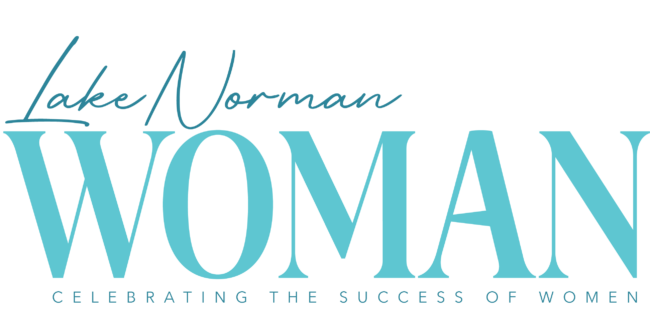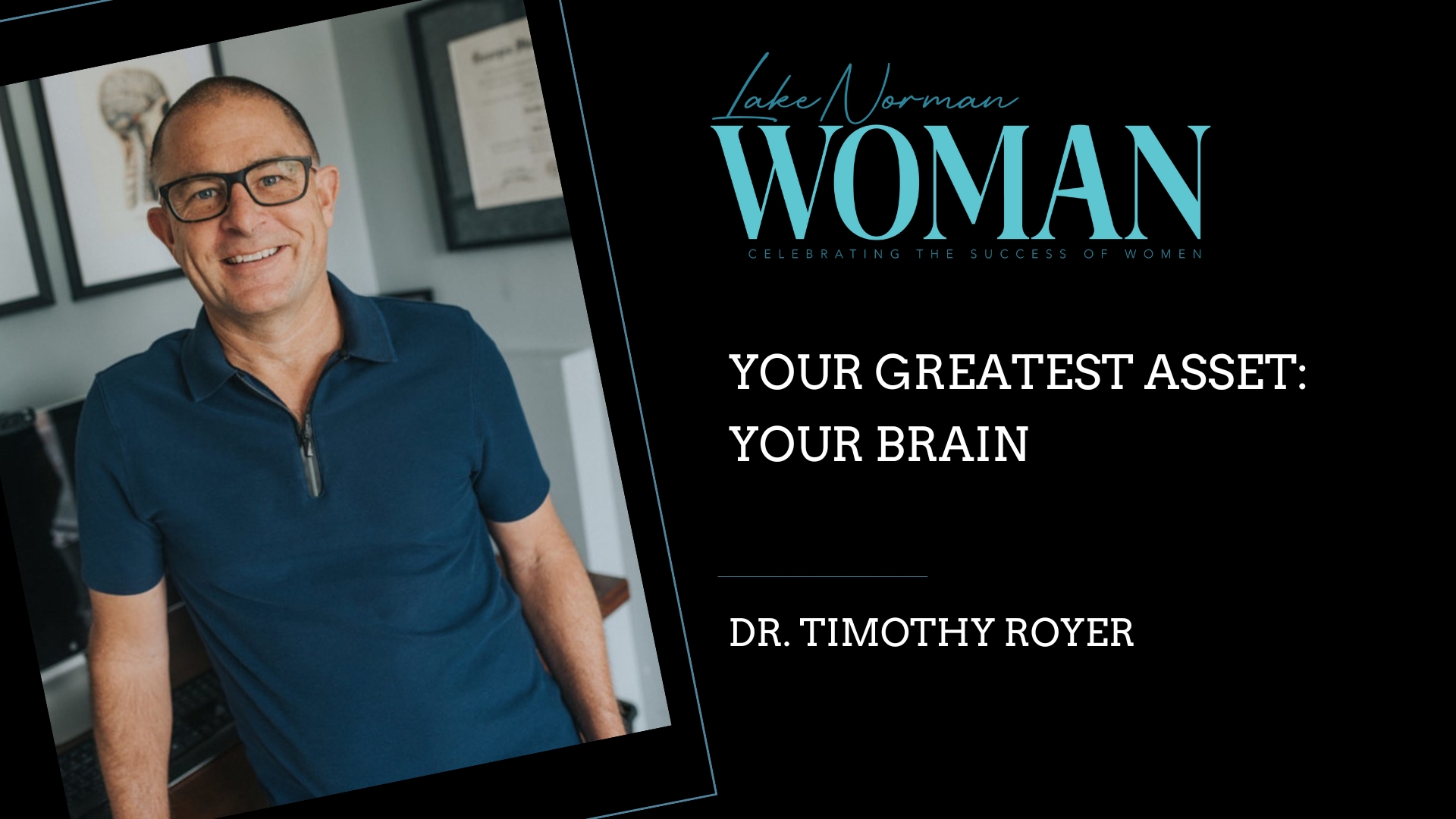When most people think about health, they look at diet, exercise, or medical checkups. Yet the most important factor driving all of these—the organ coordinating every heartbeat, thought, and breath— is often overlooked. Your greatest asset is your brain.
The brain weighs only about three and a half pounds, but it consumes 20% of the body’s oxygen and energy. It regulates body temperature to a tenth of a degree, directs hormones, and manages digestion, immunity, and sleep—all while generating thought, creativity, and emotion. Every success, failure, relationship, and performance originates in this remarkable organ. And yet, for most of modern medicine, the brain remains under-measured. Doctors often diagnose based on behavior checklists or symptoms, without ever examining the brain’s electrical activity or how the autonomic nervous system (ANS) is functioning.
My own career began in traditional neuropsychology at a children’s hospital. I was trained to diagnose conditions like ADHD, anxiety, or depression and then recommend treatments, usually medications. But after evaluating over 80,000 brains, I discovered something profound: no two brains are the same. Labels don’t capture the uniqueness of each person’s nervous system. Families often came back discouraged—the pill didn’t solve the problem, or it created new ones. That realization shifted my focus. Instead of just describing behavior, I committed to measuring the brain directly—its rhythms, its balance, and its regulation.
That is the foundation of RoyerNeuroscience. By evaluating the brain and autonomic nervous system, we move upstream to the source of issues, rather than endlessly chasing symptoms downstream. The ANS, in particular, is the body’s operating system. It decides when to upshift into fight-or-flight and when to downshift into recovery. When it functions well, we adapt fluidly—running hard when challenged, resting deeply when it’s time to recover. But when it gets stuck—often due to chronic stress, trauma, or lifestyle—our health and performance break down. Sleep falters, digestion suffers, attention wanes, and even immune function can decline.
What I’ve learned across three decades of work is that everyone—whether a severely autistic child or an NFL quarterback—has the same central challenge: a brain and nervous system that must be regulated. At RoyerNeuroscience, I have worked with 13 starting quarterbacks in the NFL, as well as children with profound developmental challenges. While their goals look very different, the common denominator is the brain. When we measure it, understand it, and train it, we see breakthroughs—whether it’s a child finding calm where there was once only chaos, or a professional athlete finding the extra edge that changes a season.
Your brain is not fixed; it is adaptable, trainable, and far more powerful than most people realize. But you cannot improve what you do not measure. Just as cardiologists measure heart rhythms or endocrinologists measure hormones, true progress begins when we evaluate the brain itself. At RoyerNeuroscience, that is our mission: to help every individual—whether in crisis or at the peak of performance—strengthen their greatest asset, their brain.
Dr. Timothy Royer is a clinical neuropsychologist and co-founder of RoyerNeuroscience, a center focused on optimizing brain performance through advanced neurofeedback. With over 32 years of experience, Dr. Royer is a national leader in leveraging brain-computer interface technology to treat cognitive challenges and elevate mental performance. Visit www.royerneuroscience.com.






